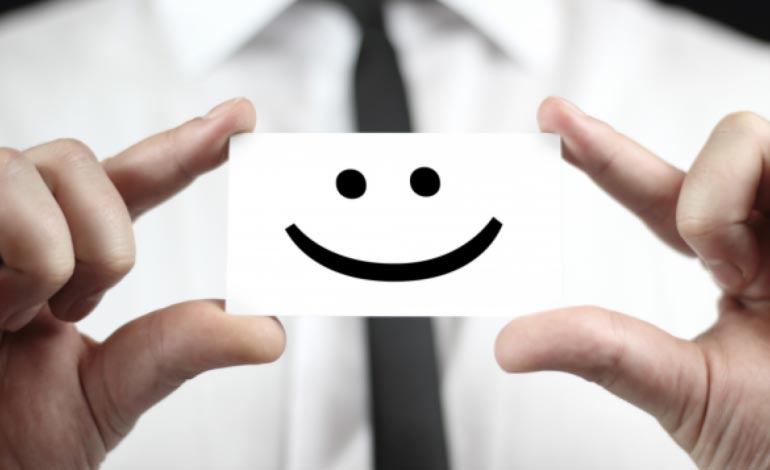829 words
5 minute read
Ask any businessperson, CEO, entrepreneur…or even person on the street, “What is the most important thing an enterprise can do well to build their business?” There is a significant chance the response will be “excel at customer service”.
It is difficult to imagine that “customer service”, as we think of it, has not only become “a thing”, but “the thing” for businesses to get right with those they serve. Early humans grew/made, bartered or traded for, or simply took what they needed to meet basic needs.
But Something Happened Along the Way
As the population grew…so did the number of people who wanted the same thing, the number of people who made those things that people wanted, and the number of people who were trying to sell those items that people wanted.. Therefore, more competition.
Then people began to look for the better of two things: prices and quality, and comparing what they were buying to what their neighbors were buying or had already bought (aka, Keeping up with the Joneses). Hence, we have discerning consumption; acquiring from others what they could not, or chose not to create for themselves.

Are We Consumers or Customers…or Both?
Those who participate in this discerning consumption are called “consumers”, a term which originated from the Latin word “consumere” before translating to French and English. The term has always meant “one who squanders or wastes”, however with an economic twist has become “one who uses up goods or articles” or “one who destroys the exchangeable value of a commodity by using it” – the opposite of a “producer”.
OK, that seems reasonable. A consumer is a “user”…but what about this exchangeable word, “customer”? Is it the same as “consumer”, or are there variations of interpretation being applied?
Surprisingly, the origin of the word “customer” is the Latin word “custumarius”, meaning relating most closely to one’s habits or customs, one’s customary practices, or doing something repeatedly. Ah…now we can begin to see the significant difference between a “consumer” (user) and a “customer” (one who make a discerning choice between options available to them, in search of something they can “latch on to” – or make a habit of).
Isn’t this a good and usable definition of a customer – someone who chooses what we have to offer (for whatever reason) and, hopefully, becomes a “loyal” or “regular” patron?
“We are all someone’s customer; and we all have customers” as someone once said.
So, how do we create loyalty from a customer? To speak the obvious, it is by the quality of what we offer and, more significantly, how we treat the customer.
We ALL have customers, be they buyers of our goods, consumers of our services, someone who hires us for what we can offer, or someone to whom we supply their needs.
Advice?
There are probably more quotes and well-intended advice from writers and gurus regarding customer service than that difficult-to-define term, “leadership”. Advice includes how to “meet customers’ needs” better than the competition (i.e., the old style – give them what we think they need), how to exceed expectations of the customer, how to impress them with “better than the others” service, and how to create “loyalty” by ensuring they “choose us again, over others”.
Within all that has been said, opined or written about success in customer service, there are certainly valuable bits of advice. A few of this writer’s favorites:
- “I want my customers to know, like, trust, call and refer me repeatedly”. – small business owner
- “Good service is good business” – a Siebel advertisement
- “The customer experience is the next competitive battleground.” – Jerry Gregoire
- “Your most unhappy customers are your greatest sources of learning.” – Bill Gates
- “You are serving a customer, not a life sentence. Learn how to enjoy your work.” – Laurie McIntosh
- “Make a customer, not a sale.” – Katherine Barchetti
Look for future GFB Monthly installments of how to understand and best serve customers’ needs.
• What are the four types of customers, and how should we treat each?
• What are the five things (out of many) that can be done to ensure customers leave us (aka, Customer Pet Peeves)?
• What are the twelve most significant characteristics of people who are GREAT at their personal customer service?
…and much more about this intriguing, never perfect, strategy of attracting and keeping “customers”.
In the meantime, if you are interested in a very good primer book on great customer service, check out– Am I Great at Customer Service? by Ed Gagnon, a Charlotte, NC native and resident and tremendous consultant on customer service.
Do you have any customer service frustrations you would like to share? Send your “Customer Pet Peeves” to tjackson@gfbconnect.com.
By Anthony K. (Tony) Jackson, MBA, Entrepreneur, Founder of GFB Connect, Inc.